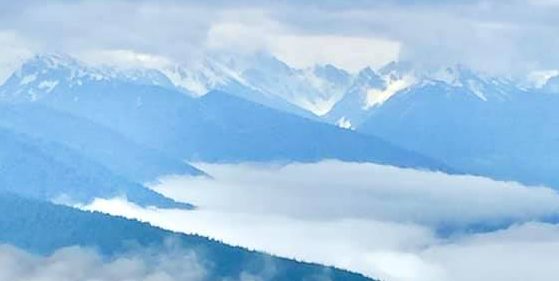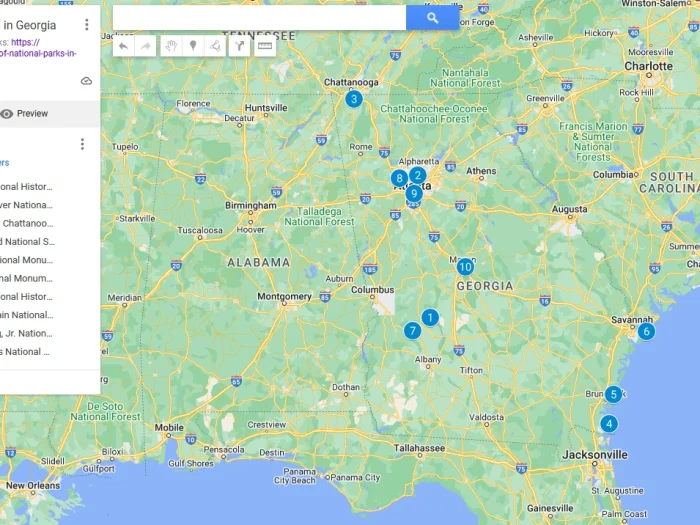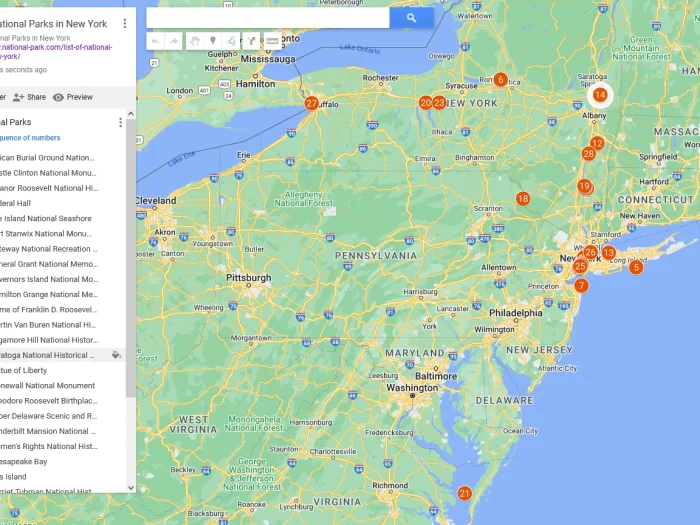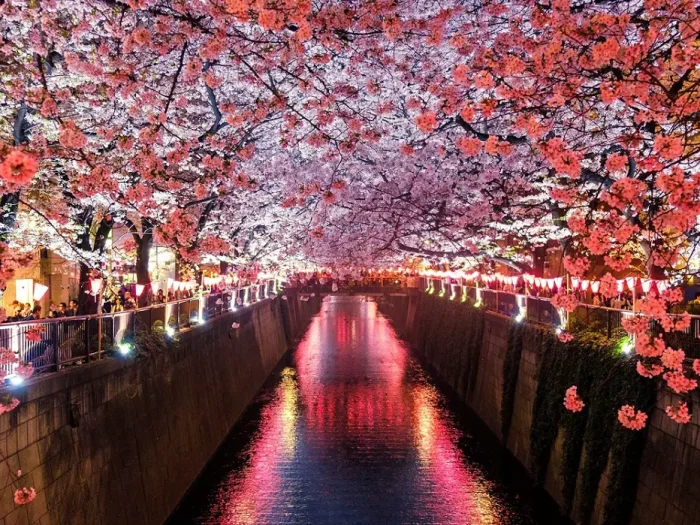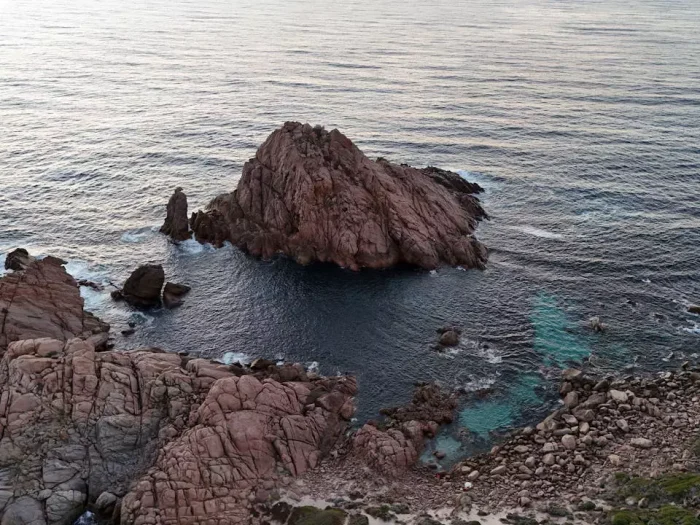Solo Student Travel in Natural Parks: Tips for a Safe and Educational Journey
Traveling alone to natural parks is like going on a big adventure where you’re the hero of your own story. It’s a chance to see beautiful places, learn fascinating things about nature, and even learn about yourself. But, just like any adventure, it’s important to be smart and prepared so your journey is fun and safe.
Source: https://unsplash.com/photos/a-large-body-of-water-surrounded-by-a-forest-eyYlm8Px2ik
Learning on the Go
Traveling alone doesn’t mean you can’t learn new things. Natural parks are full of surprises and lessons waiting to be discovered. Finding out how a certain plant survives in tough conditions or seeing a bird you’ve only ever read about in books is always something new to learn.
But what if you have homework waiting for you back home, like that tricky math assignment? Searching for “do my math homework online” might be tempting while sitting by a campfire. A better plan is to get your assignments done before your trip.
This way, you can enjoy your adventure without worrying about deadlines. Plus, you can use your experiences in nature to inspire your studies. Maybe you’ll write a paper on the conservation efforts in the park you visited or use the peaceful setting to brainstorm ideas for a creative writing project.
Getting Ready for the Adventure
1. Know Before You Go: Before you pack your bag, do some homework on the park you’re visiting. Look up the weather, what kind of animals live there, and if there are any spots you just have to see. This is like studying for a fun test where you get to see cool stuff in real life, not just in pictures.
2. Pack Smart: Packing for a trip to a natural park isn’t like packing for a sleepover. You’ll need things like a good pair of hiking boots, a map, plenty of water, and snacks that give you energy. Oh, and don’t forget a first-aid kit – just in case.
3. Stay Safe: When you’re out exploring, always let someone know where you’re going and when you plan to come back. This could be a friend, a family member, or a park ranger. It’s like having a buddy system, even if your buddy isn’t right there with you.
Source: https://unsplash.com/photos/aerial-photography-of-a-mountain-top-qAEp-7qpGs8
Staying Connected
Just because you’re traveling solo doesn’t mean you have to be completely off the grid. Checking in with someone regularly is a good idea. But also use your phone or camera to document your journey. Take photos, jot down notes, or even start a travel blog. Sharing your story can inspire other students to explore and learn from the world around them.
Embrace the Educational Journey
Natural parks are not just spaces of beauty; they are living classrooms. Each trail tells a story of geological history, each species plays a role in the ecosystem, and every sunrise and sunset teaches the beauty of natural rhythms.
Documenting these experiences through journaling or sketching can deepen your understanding and appreciation of the natural world. It’s a way to solidify what you’ve learned and reflect on how these lessons relate to your studies and personal growth.
Safety First: Navigating the Wilderness
While the call of the wild is enticing, navigating natural parks with respect and caution is crucial. Familiarize yourself with basic survival skills before you go. Knowing how to read a compass, understanding basic first aid, and learning how to signal for help can make all the difference. Plenty of resources available, from online courses to local workshops, can equip you with these essential skills.
The Mental Health Benefits
Solo travel in natural settings offers a unique opportunity to disconnect from digital distractions and reconnect with your inner self. The peace and solitude found in nature can be incredibly therapeutic, reducing stress and improving mental health. It’s a chance to meditate, practice mindfulness, and find clarity in the silence.
Pay attention to how your mind and body respond to the natural environment. You might find that solutions to personal dilemmas or academic challenges become clearer as you walk through the woods or sit by a mountain stream.
Making the Most of Your Solo Adventure
While solo travel can seem daunting, learning independence and self-reliance is an opportunity. Start with day trips and gradually build up to overnight stays. Learn to trust your instincts, celebrate your accomplishments, and learn from any missteps. Each experience builds confidence and character, essential qualities for any student.
Connecting with Like-Minded Explorers
Just because you’re traveling solo doesn’t mean you have to be lonely. Natural parks often have visitor centers and guided tour groups where you can meet people who share your interests.
Participating in a guided nature walk or a conservation project can enhance your understanding of the park and provide a sense of community. It’s also a great way to make friends from around the world who share your passion for nature and adventure.
Giving Back to the Parks
As you benefit from natural parks’ beauty and serenity, consider ways to give back to these precious environments. Engaging in volunteer opportunities, practicing Leave No Trace principles, and supporting conservation efforts are ways to ensure these natural wonders remain for generations to come. Your solo journey could inspire a lifelong commitment to environmental stewardship.
Embracing Solitude: The Hidden Strengths of Traveling Alone
Traveling alone, especially to natural parks, might seem daunting at first. It’s a journey into the unknown, stepping out of your comfort zone and into nature’s vast expanse. Yet, many travelers discover their hidden strengths in these moments of solitude.
Being on your own, you’re making all the decisions – from navigating trails to setting up camp. This independence is empowering, teaching invaluable life lessons in self-reliance and decision-making.
Final Thoughts
Traveling alone to natural parks as a student is an amazing way to grow, learn, and challenge yourself. It’s a chance to take a break from the usual school routine and have an adventure where learning comes from living.
Remember to plan, stay safe, and be open to the lessons nature has to offer. And most importantly, enjoy every moment of your journey. Who knows? This trip might just be one of the stories you tell for years.
